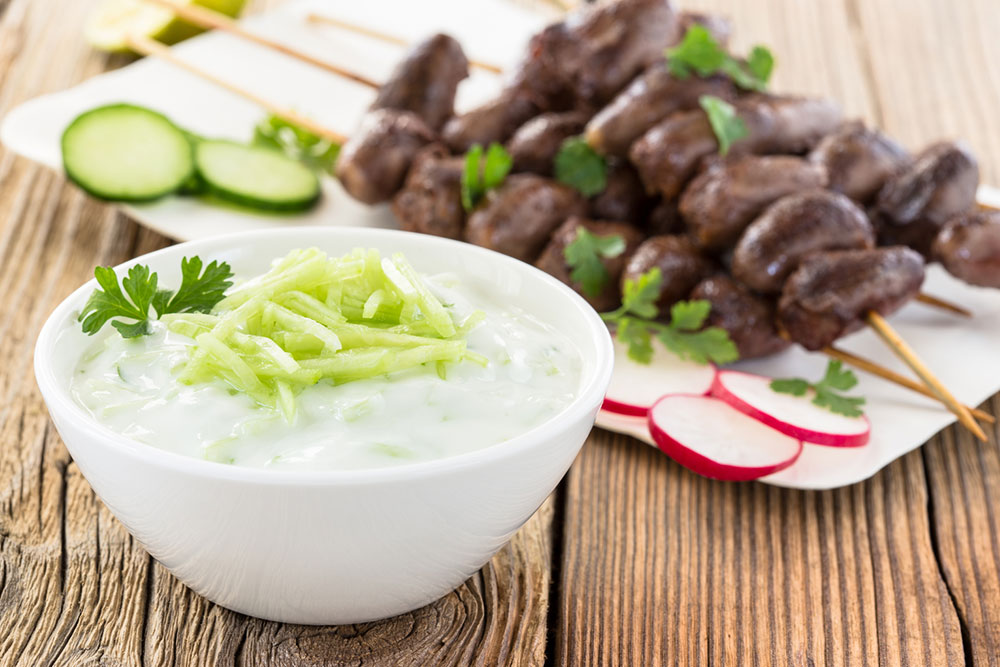Harnessing the Power of Probiotic Supplements for Better Health
Explore the benefits of probiotic supplements and foods that support immune health, digestion, and cardiovascular wellness. Learn how live microorganisms can help restore microbial balance, reduce gastrointestinal issues, and promote mental and overall health. Incorporate probiotic-rich options like kefir, kimchi, and yogurt into your daily routine to boost your well-being naturally.

Harnessing the Power of Probiotic Supplements for Better Health
The word "probiotic" comes from Greek, meaning "life-promoting." From birth, our bodies contain a variety of bacteria—both beneficial and harmful. Achieving a healthy balance among these microbes is essential. When this balance is disrupted, it can lead to gastrointestinal issues, a condition known as dysbiosis. Probiotics are live microorganisms that support health by preventing or treating certain conditions. Although bacteria might seem counterintuitive to health, probiotics strengthen the immune system and improve digestion.
Main health benefits of taking probiotics include:
Restoring Microbial Balance
Probiotics help rebalance good and bad bacteria in the gut, preventing issues like allergies, obesity, and mental health disorders. They help recover from disruptions caused by medications, illnesses, and poor diets.
Reducing Diarrheal Conditions
Antibiotics can cause diarrhea by disturbing gut flora. Probiotics are effective in decreasing antibiotic-associated diarrhea duration by about 25 hours and traveler’s diarrhea by 8 hours, depending on probiotic strain and dosage.
Enhancing Mental Health
Since gut health is linked to mental states, probiotics may reduce anxiety, depression, stress, OCD symptoms, and improve memory.
Supporting Heart Health
Probiotics assist in breaking down cholesterol-rich bile, decreasing cholesterol absorption, and lowering LDL levels and blood pressure for cardiovascular benefits.
Mitigating Allergic Responses
Certain probiotic strains might reduce allergy severity, such as eczema in children, though more research is needed.
Relieving Digestive Conditions
Probiotics with Lactobacillus and Bifidobacterium strains can improve symptoms of mild ulcerative colitis, IBS, and cut necrotizing enterocolitis risk by about 50%.
Boosting Immunity
They promote natural antibody production and immune cell activity. Lactobacillus Crispatus, for example, can reduce UTI risk in women almost by half.
Supporting Weight Management
Probiotics can decrease fat absorption, increase satiety, and facilitate fat burning, aiding in weight control.
Foods Rich in Probiotics to Incorporate into Your Diet
Kefir
This fermented dairy drink contains diverse bacterial and yeast strains that promote digestion, immune function, and bone health. It’s produced by fermenting milk with kefir grains—cultures of beneficial microbes.
Kimchi
A fermented vegetable dish made from cabbage, radishes, and spices. Kimchi is high in vitamins K, B2, iron, and contains Lactobacillus strains that support cholesterol management, gut health, weight loss, immunity, and skin health.
Yogurt
A dairy staple rich in bifidobacteria and lactic acid bacteria, which improve blood pressure, bone health, and gastrointestinal function. Choose yogurts labeled with live or active cultures for optimal benefits.
Eating these probiotic-rich foods provides natural health benefits with minimal risk. Incorporating probiotics into your lifestyle is a reliable way to enhance overall well-being.
Note:
Our blog provides well-researched, practical health information; however, it is not a substitute for professional medical advice. We are not responsible for inaccuracies or discrepancies in sources and do not cover all promotional offers.


